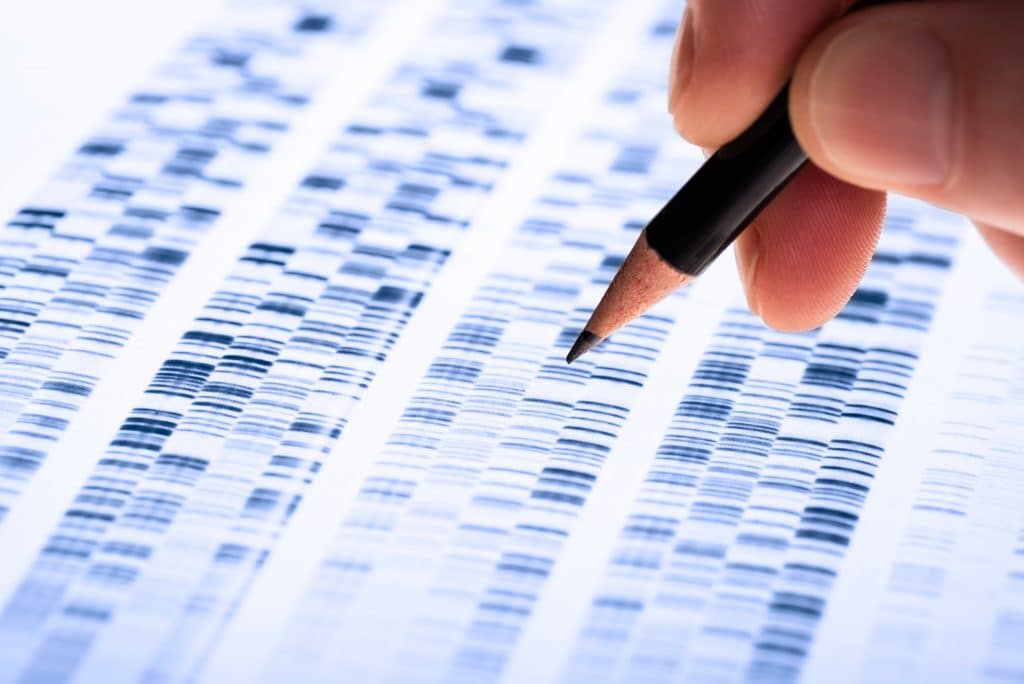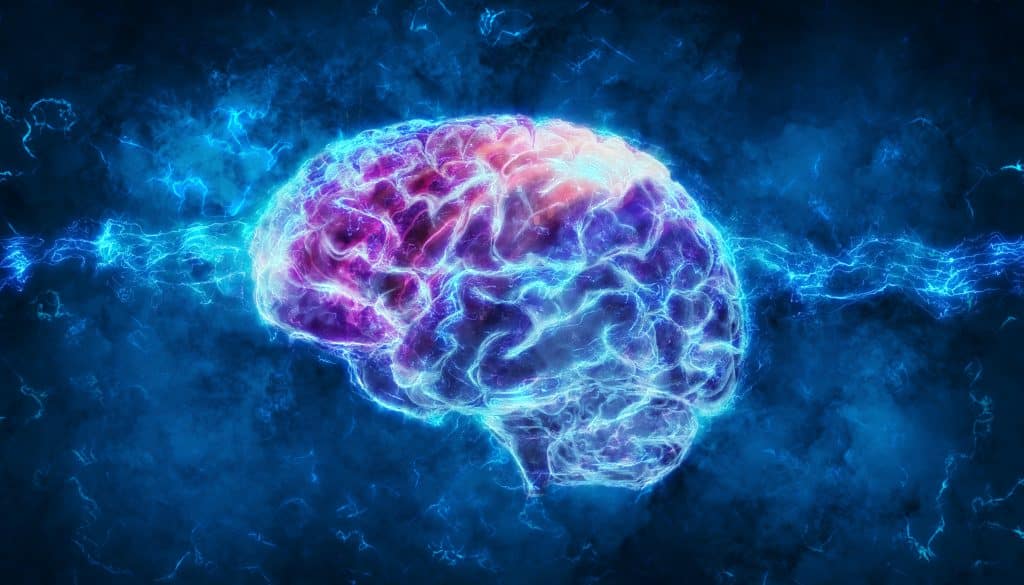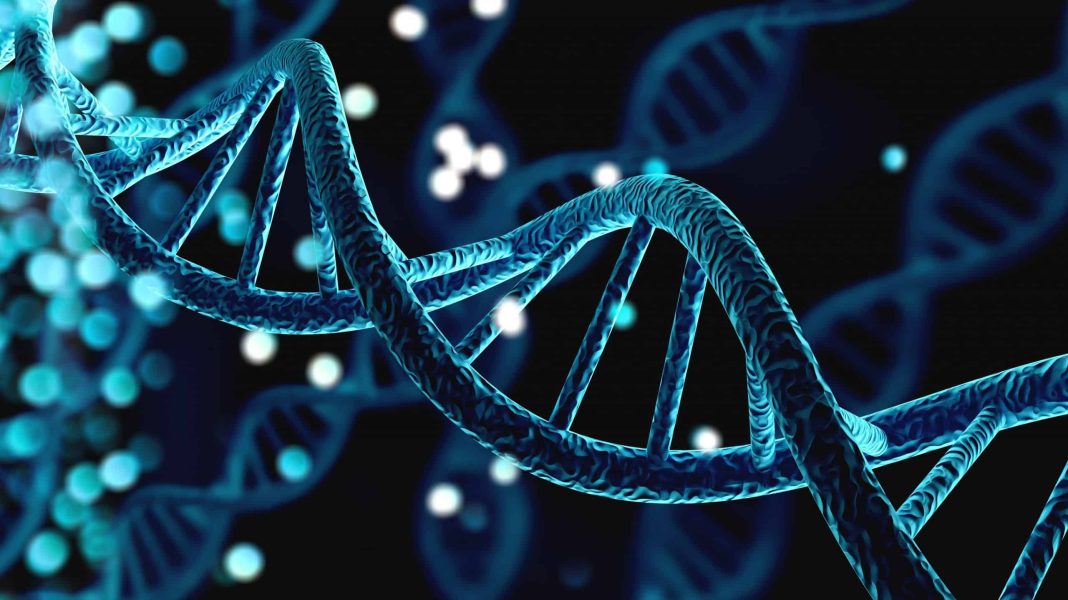Many of us have heard the term “addictive personality”; obviously in reference to people who seem to struggle with addictive tendencies more than others. When most people think of addiction, they think of drugs and alcohol, but many behaviors and activities can be addictive as well, such as gambling, sex, and eating. Statistics are all over the map, but experts estimate that as many as 46 million Americans struggle with at least one type of addiction.
So, why do some people get addicted while others do not? Recent studies suggest that up to half of a person’s risk of becoming addicted to anything is hereditary, and certain gene variations can give insight as to what substance or activity a person is more likely to become addicted to. Finding a genetic basis for this risk can help researchers and physicians learn more about “the addictive personality” and come up with better ways to tackle the addiction epidemic.
What is addiction?
It’s important to first note that addiction is a disease rooted in mental illness, and as we are now learning, biology. It’s not a character flaw or moral failing. Most people experiment with substances at some point in their lives, but not everyone becomes addicted. That should be enough to determine that there is something deeper going on there, and all major health experts around the world agree including The American Medical Association, The National Institutes of Health, and The World Health Organization.
Addiction has a lot to do with individual brain chemistry. The human brain is hardwired to reward us when we do something that makes us feel good. This has historically been a reason for our survival over the years, and the reason why things like eating, exercise, and sex trigger the release of a neurotransmitter called dopamine; to encourage to keep doing whatever it was that made us feel good.
The same thing happens when we take drugs, drink alcohol, smoke cigarettes, gamble, etc. – that reward system in the brain gets triggered. according to the National Institutes on Drug Abuse (NIDA), “large surges of dopamine ‘teach’ the brain to seek drugs at the expense of other, healthier goals and activities.”
Studies have shown that long-term substance abuse can limit a person’s ability to feel pleasure at all, but especially when they are not using their substance of choice. Over time, the reward center in the brain becomes less receptive and less functional. Once a person’s brain reaches this point, and they develop a tolerance to the substance in question, they will need more and more just to operate at baseline level and feel any type of normalcy.
Again, some people are more susceptible to this process than others. This is where the idea of existing mental illness, genetics, and other biological factors, and how they pertain to the disease of addiction as a whole, begin coming into play.
Genetics and epigenetics of addiction
Genetics is the study of genes, whereas epigenetics focuses on the intersection of environment and genetics. Overall, DNA sequences between humans are roughly the same (about 99 percent or more), however, that up to 1 percent variation accounts for the millions of differences we see in people throughout the world.
The differences account for physical variations such as height, hair color, eye color, etc., as well as invisible traits including temperament, openness, conscientiousness, extroversion, agreeableness, and neuroticism. Additionally, genetic variations can increase the risk for, or provide protection from, certain diseases such as heart attack, stroke, diabetes, and yes, addiction. Doctors are now looking at certain gene mutations to determine a person’s likelihood of developing certain illnesses, such as the BRCA 1 and 2 mutations that are linked to a higher risk of breast and ovarian cancer.

However, since most diseases, including addiction, are much more complex and a result of variations in many different genes rather than a mutation to a single one, it can be a bit more difficult to determine exactly which combinations heighten a person’s overall risk of becoming an addict.
And this is where epigenetics come into play as well, to complicate things even further. The prefix “Epi-” means “above” or “in addition to”, so epigenetics is looking at anything outside the body that can alter our DNA. Numerous studies have shown that lifestyle and environmental factors can “mark” the DNA, or restructure it at the cellular level. These epigenetic marks can permanently alter DNA and they can even be passed on to children. For example, when a person uses cocaine, it can mark the DNA in a way that increases the production of certain proteins called histones that are common in addicts, and these can be transferred during pregnancy.
The addictive personality
Ah, the dreaded addictive personality. That fine line that separates the people who can hang casually from the ones who take everything to the next level. Who is more likely to have it? Can it be cured or prevented?
The most recent study on this subject was published in the journal Nature in October of 2022. Researchers looked at 15,000 participants, many of whom were siblings including identical twins, step siblings, and adoptees, and found that up to 70 percent of addictive traits are heritable. “People with the highest level of risk were four times more likely to develop a substance use disorder than people with the lowest risk,” the study noted. Although they did acknowledge that societal and environmental risk factors can lead to addiction as well, genetics were an even bigger component.
Most of the genes that have an impact on addiction are shared, meaning that people who have those genes are at risk for numerous different types of addictive disorders and substance use problems. But that is not always the case, as a handful of genes have been found to be substance-specific (for example, they influence problems with alcohol only, or only issues with methamphetamines, etc.)
The study states that “a large part of the genetic risk is related to self-regulation, which reflects how differently wired brains process risk and reward. Some people have brains primed toward greater impulsivity than others, and this can put them at risk for numerous forms of addiction.”

The study also examined the role of the environment on genetics and the overall relation between the two and addiction. For example, the combination of certain genes and lifestyle factors such as diet, physical activity, and stress, can all play into each other and make a person more primed to develop a substance use disorder. Conversely, certain activities can discourage drug-seeking behavior, like exercise, which seems to be a more pronounced effect in males than females. Interestingly, some studies also looked at how drug use is influenced by society, or peer pressure, and it was noted that animal’s drug abuse can be impacted by that of its cage mate. So if one of the animals in the cage is using drugs, it could influence the others to do the same.
In addition, studies suggest that “drugs or stress in a person’s social or cultural environment can alter both gene expression and gene function, which, in some cases, may persist throughout a person’s life.” Genes can also play a role in how a person responds to their environment, adding another layer of complexity for people who are already at risk for developing an addiction.
Final thoughts on the Addictive Personality
If ever there was evidence that addiction is a disease and not a moral failing, this is it. Now we know that genetics have a major part in forming the “addictive personality”. What’s possibly one of the best things about this piece of knowledge, is that it can be implemented in the treatment protocols of addicts, and will hopefully result in better outcomes for them and their families.
Hello readers. We’re happy to have you with us at Cannadelics.com; a news source here to bring you the best in independent reporting for the growing cannabis and hallucinogen fields. Join us frequently to stay on top of everything, and subscribe to our Cannadelics Weekly Newsletter, for updates straight to your email. Also check out some awesome promos for cannabis buds, smoking devices and equipment like vapes, edibles, cannabinoid compounds, amanita mushroom products, and a whole bunch more. Let’s all get stoned together!





